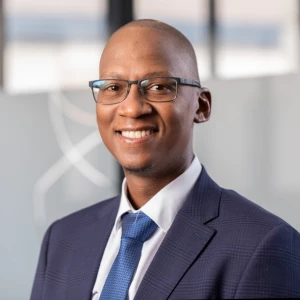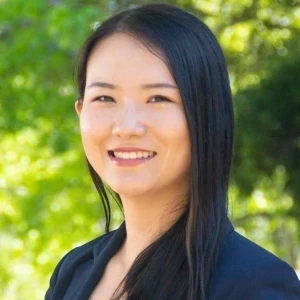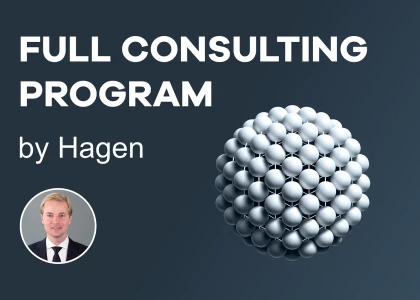I have my first interview with Mckinsey in two days, i have already investigated my interviewer, he has an MBA from HEC Paris and previously worked at a bank (just like myself). What would be good, interesting questions to show my genuine desire to work at Mckinsey and that i am deeply invested in this process?
I was thinking of asking: why did you decided to leave banking and get into consulting. What is something that you dislike about working in consulting or Mckinsey specifically (in this question i want to say that i have investigated a lot about the company and the only thing that people say that they dont like about consulting is the long working hours so i am looking for a different answer). I was also thinking of asking for feedback in case I move on in the process, things that i should improve for the next case interviews.
I know that interviewers like to be asked about themselves but i really want to sound genuine and that i am not asking just to have something to talk about at the end.
Tell me what you think please!



















